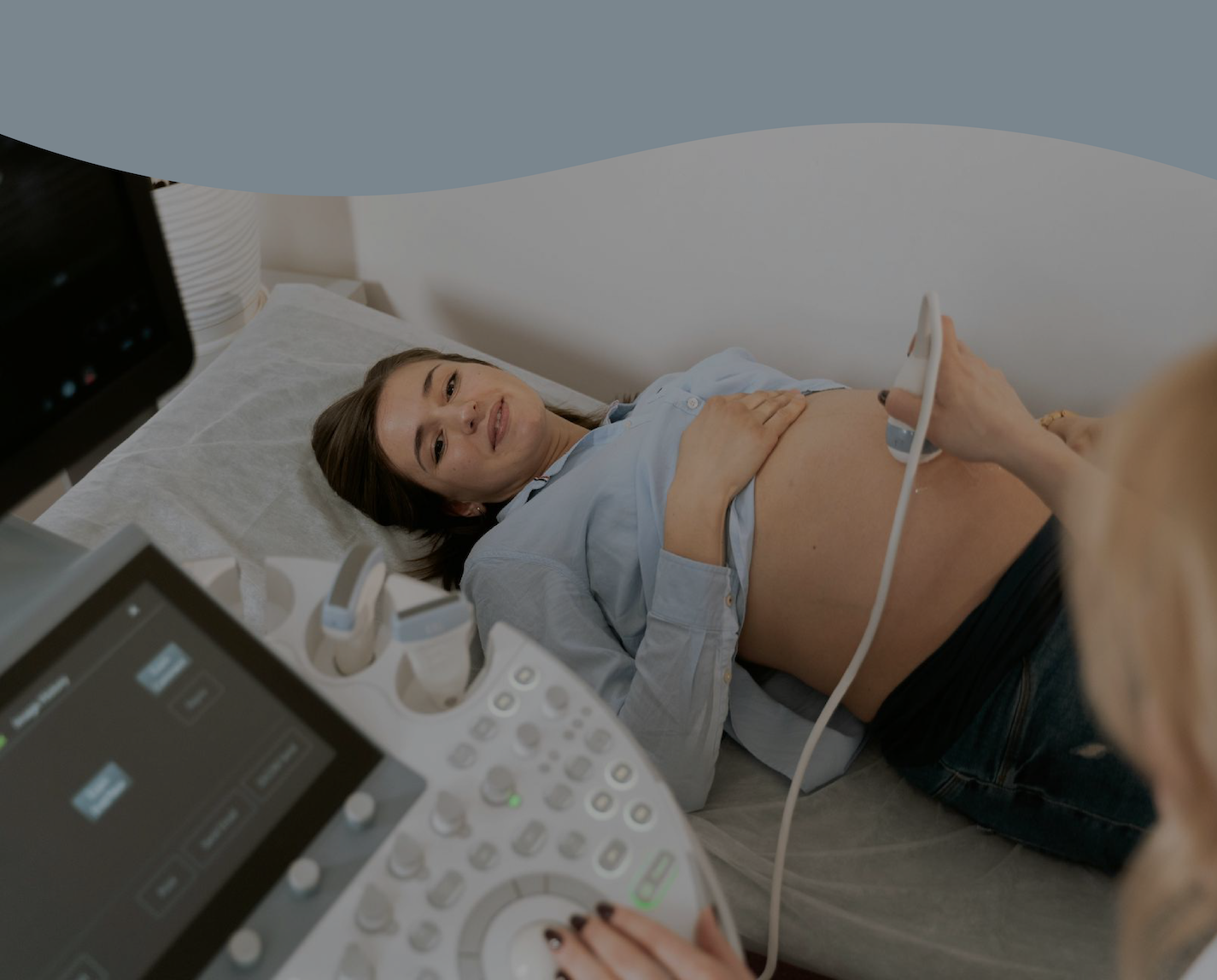Reverse Abortion Pill Info: Call 877-558-0333 or visit abortionpillreversal.com
Options: Abortion
There are many things to consider – be informed!
What you need to know
Our trained volunteers are available to discuss with you any questions you may have regarding having an abortion, barriers to continuing a pregnancy, as well as abortion procedures and risks associated with abortion.
There are medications and surgical abortion procedures. The types of abortion that may be available depend on factors such as how far along you are in your pregnancy.
You have time to make an informed choice – your decision has life-long consequences. You should not be rushed into a decision, and you should not be pressured to make a decision because of someone else. It is important for you to determine what is best for you, now and in the future. You have a right to get all the facts. It is your pregnancy, your right to know, and make an informed decision.
The Abortion Pill Process
A chemical abortion consists of two pills: Mifepristone (RU-486 or "Abortion Pill") and Misoprostol (Cytotec). A doctor will prescribe a woman Mifepristone during the first 70 days (10 weeks) of pregnancy. Mifepristone blocks the essential nutrients (progesterone) needed for a growing baby. The second pill, Misoprostol, is taken 24 to 48 hours after Mifepristone. This pill causes cramping and bleeding, which expels the baby. The woman will need to be examined by a doctor two weeks later to confirm the abortion was complete and to check for complications.
Women considering the Abortion Pill should be aware of the potential risks and side effects
:
- Vaginal bleeding for an average of 9 to 16 days
- Stomach Cramps and hemorrhage
- Infection
- Vaginal inflammation
- Insomnia
- Allergic reaction
- Loss of appetite, vomiting, diarrhea, high blood pressure
- Death
Failure Rate: The failure rate for chemical abortion increases as the pregnancy progresses. According to the FDA's assessment, the failure rate of RU-486 rises to over 7.3% when administered in the 10th week. Other studies have found failure rates for RU-486 to be 5% at seven weeks and under, 8% at at eight weeks, and 10% at nine weeks.
We are committed to providing you with the knowledge and caring support you need to make this decision.
Call or schedule an appointment with Agapé Pregnancy Center of Loudoun. We are here for you. 703.777.5026
Options: Abortion
There are many things to consider – be informed!
What you need to know
Our trained volunteers are available to discuss with you any questions you may have regarding having an abortion, barriers to continuing a pregnancy, as well as abortion procedures and risks associated with abortion. There are medications and surgical abortion procedures. The types of abortion that may be available depend on factors such as how far along you are in your pregnancy.
You have time to make an informed choice – your decision has life-long consequences. You should not be rushed into a decision, and you should not be pressured to make a decision because of someone else. It is important for you to determine what is best for you, now and in the future. You have a right to get all the facts. It is your pregnancy, your right to know, and make an informed decision.
The Abortion Pill Process
A chemical abortion consists of two pills: Mifepristone (RU-486 or "Abortion Pill") and Misoprostol (Cytotec). A doctor will prescribe a woman Mifepristone during the first 70 days (10 weeks) of pregnancy. Mifepristone blocks the essential nutrients (progesterone) needed for a growing baby. The second pill, Misoprostol, is taken 24 to 48 hours after Mifepristone. This pill causes cramping and bleeding, which expels the baby. The woman will need to be examined by a doctor two weeks later to confirm the abortion was complete and to check for complications.
Women considering the Abortion Pill should be aware of the potential risks and side effects:
- Vaginal bleeding for an average of 9 to 16 days
- Stomach Cramps and hemorrhage
- Infection
- Vaginal inflammation
- Insomnia
- Allergic reaction
- Loss of appetite, vomiting, diarrhea, high blood pressure
- Death
Failure Rate: The failure rate for chemical abortion increases as the pregnancy progresses. According to the FDA's assessment, the failure rate of RU-486 rises to over 7.3% when administered in the 10th week. Other studies have found failure rates for RU-486 to be 5% at seven weeks and under, 8% at at eight weeks, and 10% at nine weeks.
We are committed to providing you with the knowledge and caring support you need to make this decision. Call or schedule an appointment with Agapé Pregnancy Center of Loudoun. We are here for you. 703.777.5026
Abortion Hurts Women
Learn the truth that many won't tell you.
Options: Abortion
There are many things to consider – be informed!
What you need to know
Our trained volunteers are available to discuss with you any questions you may have regarding having an abortion, barriers to continuing a pregnancy, as well as abortion procedures and risks associated with abortion.
There are medications and surgical abortion procedures. The types of abortion that may be available depend on factors such as how far along you are in your pregnancy.
You have time to make an informed choice – your decision has life-long consequences. You should not be rushed into a decision, and you should not be pressured to make a decision because of someone else. It is important for you to determine what is best for you, now and in the future. You have a right to get all the facts. It is your pregnancy, your right to know, and make an informed decision.
The Abortion Pill Process
A chemical abortion consists of two pills: Mifepristone (RU-486 or "Abortion Pill") and Misoprostol (Cytotec). A doctor will prescribe a woman Mifepristone during the first 70 days (10 weeks) of pregnancy. Mifepristone blocks the essential nutrients (progesterone) needed for a growing baby. The second pill, Misoprostol, is taken 24 to 48 hours after Mifepristone. This pill causes cramping and bleeding, which expels the baby. The woman will need to be examined by a doctor two weeks later to confirm the abortion was complete and to check for complications.
Women considering the Abortion Pill should be aware of the potential risks and side effects:
- Vaginal bleeding for an average of 9 to 16 days
- Stomach Cramps and hemorrhage
- Infection
- Vaginal inflammation
- Insomnia
- Allergic reaction
- Loss of appetite, vomiting, diarrhea, high blood pressure
- Death
Failure Rate: The failure rate for chemical abortion increases as the pregnancy progresses. According to the FDA's assessment, the failure rate of RU-486 rises to over 7.3% when administered in the 10th week. Other studies have found failure rates for RU-486 to be 5% at seven weeks and under, 8% at at eight weeks, and 10% at nine weeks.
We are committed to providing you with the knowledge and caring support you need to make this decision. Call or schedule an appointment with Agapé Pregnancy Center of Loudoun. We are here for you. 703.777.5026
Office Hours
Mon 9:30a – 12:30p
Tues 9:30a – 12:30p
and 4:00p – 7:00p
Wed 9:30a – 12:30p
Thur 9:30a –
12:30p
16 Royal Street, SE
Leesburg, Virginia 20175
(703) 777-5026
info@agapeofloudoun.org
1-800-712-4357 OptionLine 24/7
© 2024 Agapé Pregnancy Center of Loudoun
Agapé Pregnancy Center of Loudoun is a
501(c)(3) organization




